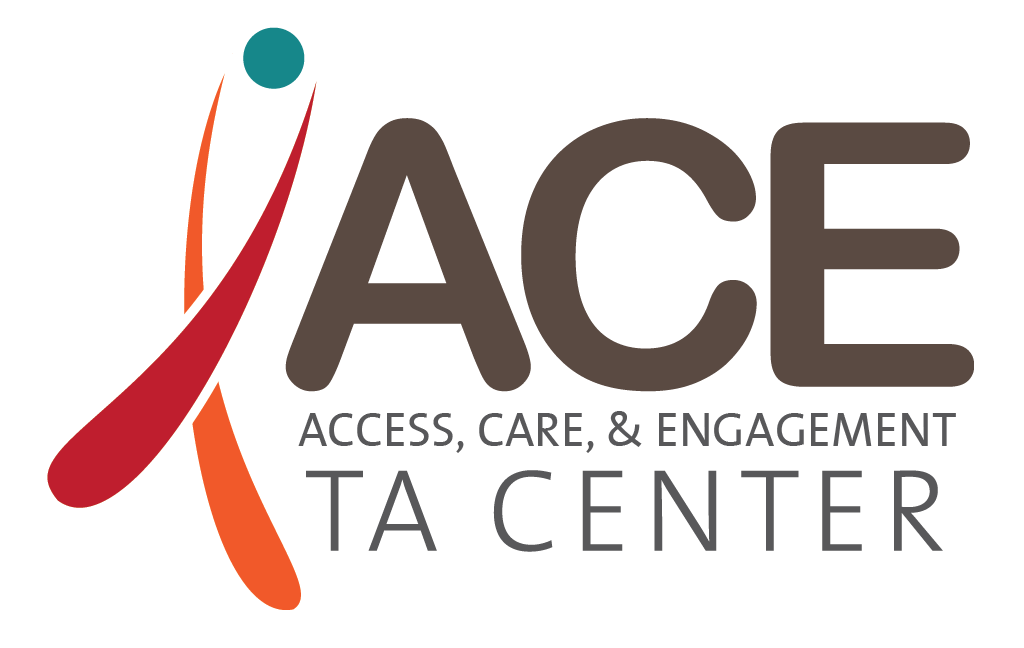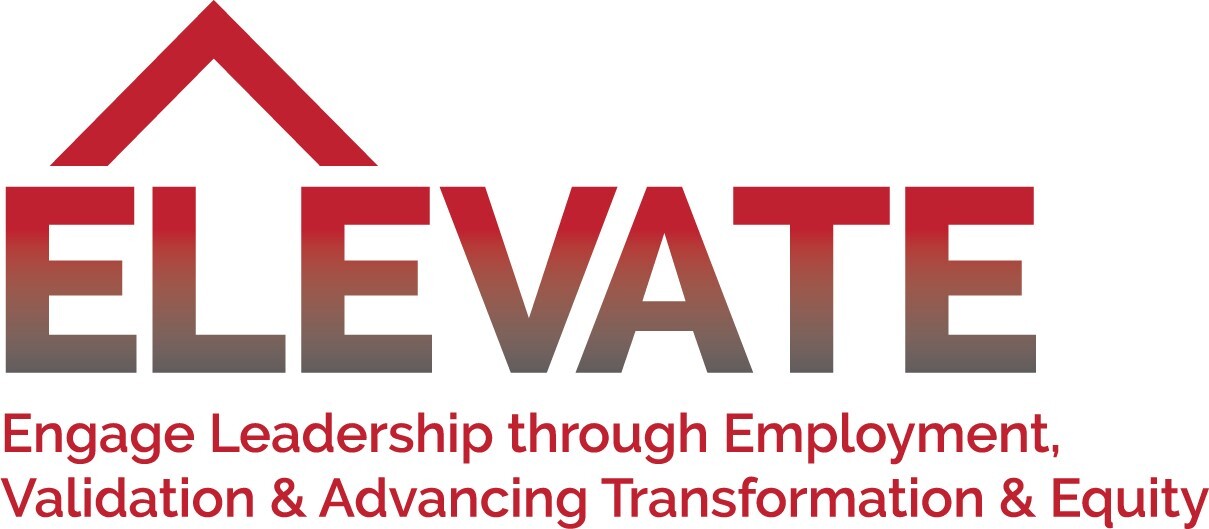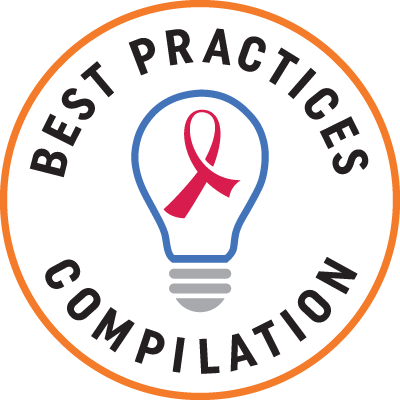Health Literacy
On
Educating patients can make them better care partners and improve their engagement in their own health improvement.
Website
- U.S. Department of Health and Human Services
- Centers for Disease Control and Prevention (CDC)
Technical Assistance
 Capacity building for the RWHAP community to navigate the changing health care landscape and help people with HIV to access and use their health coverage to improve health outcomes. Project period: 2022-2025.
Capacity building for the RWHAP community to navigate the changing health care landscape and help people with HIV to access and use their health coverage to improve health outcomes. Project period: 2022-2025.- SPNS project evaluating interventions that seek to improve the well-being of RWHAP clients 50 and older. Project period: 2022-2025.
- Design, implementation, and evaluation of bundled evidence–informed interventions for Black women with HIV. Project period: 2020-2024.

ELEVATE will prepare people with HIV to meaningfully engage and take on leadership roles in planning bodies, advocacy actions, and the HIV workforce. Project period: 2020-2024.
ESCALATE will focus on reducing HIV stigma through training participants in EHE jurisdictions. Project period: 2020-2024.
 Initiative documenting best practice strategies and interventions that have been shown to improve HIV outcomes in a "real world" setting and can be replicated by other programs. Project period: 2021-2024.
Initiative documenting best practice strategies and interventions that have been shown to improve HIV outcomes in a "real world" setting and can be replicated by other programs. Project period: 2021-2024.